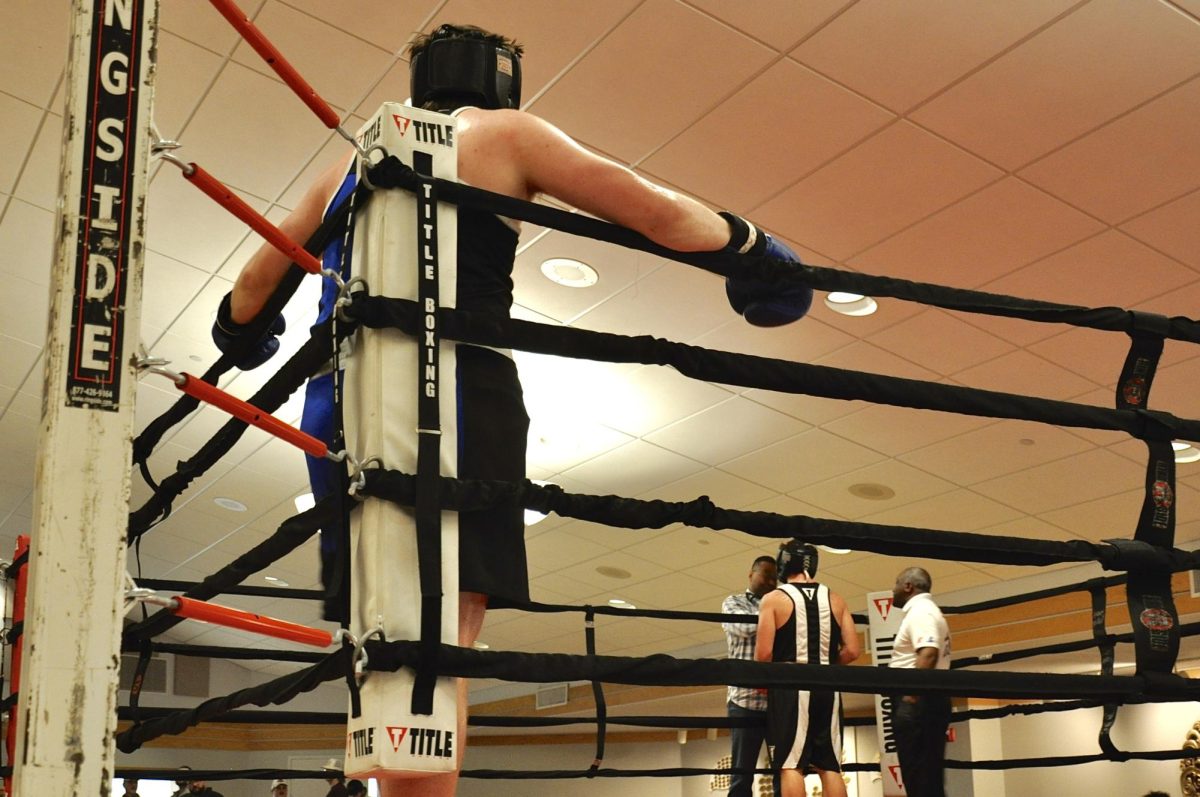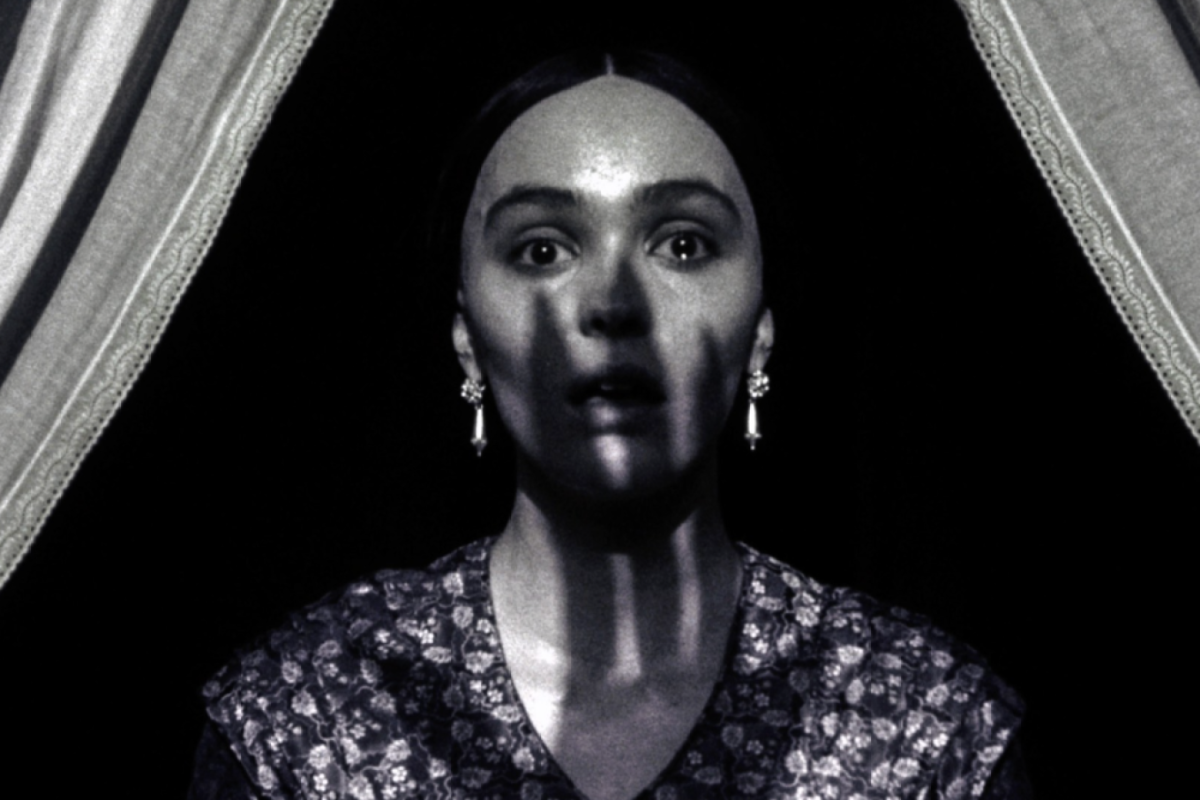Once the (adjective) kid, always the (adjective) kid. Let me explain.
Everyone is a something person; we all have our bit: the smart child or the chubby teen, the funny girl or the musical guy. Once people classify us as particular types of people, there it remains, always, to haunt us when we fail to live up to that expectation. That’s a boatload of pressure. But, even more tragic, are we doomed to remain the people we were in grade school?
We don’t always remember what people say or do to us, but we forever remember how they make us feel. And when someone makes you feel less than worthy as a starry-eyed young’un, it impacts your self-worth.
I was at a new school in fifth grade, ready to show off my killer kickball talent. At my old school, I was the bomb and played all-time infield at the request of my classmates, who recognized useful skillz when they stood amazed, watching a red rubber ball soaring over their heads. At this new school, however, people kept calling me Emily. (Not my name; see above.)
I approached the field and waited to be invited to play. Upon noticing my hesitance, one of the “popular girls” (aka girls with an older sister, who wore clothes from Limited Too) announced, “C’mon, guys, let’s let the little girl play.”
In my head, I thought, “Child, I could take you.”
Instead, I said, “How gracious of you, Queen Bee. Etiquette classes and smoking doobies behind the schoolhouse have taught you well.” I made few friends that day, but did earn a couple of enemies, if only in my head.
Even now, if people are particularly nice to me, I question their motive, assuming that they’re mocking me. Distant laughter, I imagine, must be aimed at me. It’s possible to learn from past insecurities and transition them into something wonderful. Yet instead of being motivated to reinvent myself á la Madonna and re-emerge as a confident British butterfly, voguing as I exit the cocoon, I retreated within.
But I’m not Josie Grossie anymore.
When will we learn that being smart is sexy, the ugly duckling can become a foxy swan, making people laugh is a gift to be cherished and musicians unite people? Our unique qualities shouldn’t bog us down, because they make us more beautiful. Our differences, Lady Oprah might say, should empower us to shine.
We can only go so far with being nice and pleasing others before we lose ourselves. What it comes down to is that we only have to prove we’re good enough to ourselves. Once we’re happy with our reflections, even if our grade-school identities haven’t completely disappeared from that which we cloak inside, we can be happy through and through.
Perhaps you identify with none of this: Maybe you had an older sister who played Mall Madness with you and handed down her ill-fitting, yet fashionable clothes. But some of us had brothers and played Creepy Crawlers and Crossfire. Some of us had overactive imaginations and self-esteem issues and Pogs.
So how do we advance from our grade-school mindset? Hell if I know for sure. My best guess is that we have to rise out of that past perception of ourselves-whether we were bullies or wallflowers-and forgive everyone for everything; get rid of feelings that aren’t productive or are hateful. Look in the mirror post-puberty and appreciate your goodies for what they are; choose a new adjective to explain yourself, and make it fabulous.
Katie Lewis is a senior in the College of Arts and Sciences.









